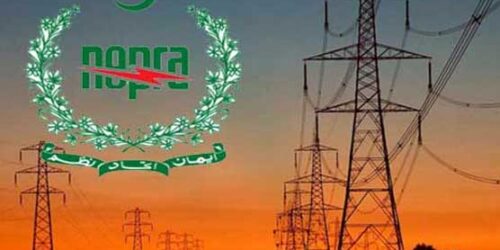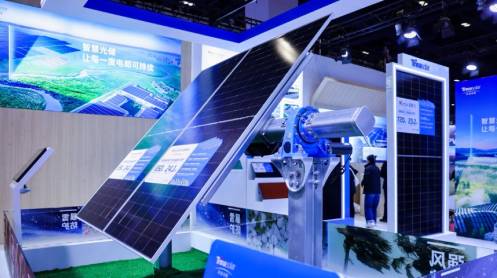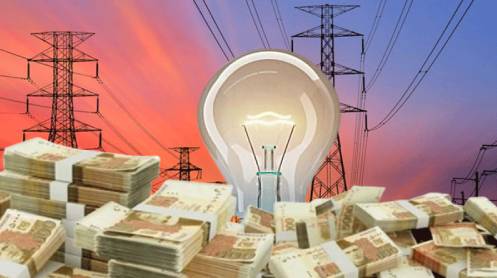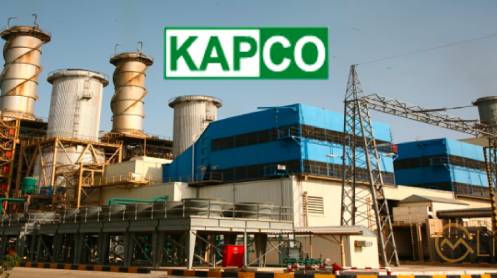National Electric Power Regulatory Authority (NEPRA) Chairman Tauseef H Farooqi told Senate Sub-committee on Cabinet Secretariat that he has proposed the government to establish an independent Coal Procurement Authority to import and determine tariff for electricity generation from coal power projects.
The Senate Sub-committee on Cabinet Secretariat met on Thursday at the Parliament house under the convener ship of Senator Saadia Abbasi to examine in detail the modalities of oil, gas import and electricity pricing by the NEPRA and the OGRA.
The chairman NEPRA told the meeting that the government was proposed to constitute an independent Coal Procurement Authority for transparency to import coal for China-Pakistan Economic Corridor (CPEC) projects.
He said that Chinese companies import coal for power projects under the CPEC. He said that Thar Coal Power Projects are generating electricity at cost of Rs7 per unit while power projects on imported coal are generating electricity at cost of Rs24 per unit.
Answering a question, he said that we want the most efficient, reliable and sustainable energy by reducing import of crude oil and coal. “We want to bring the power projects toward competitive bidding which reduce the tariff of electricity. We want to shift renewable and green energy,” he said.
He said that there is also a need to convert power projects under the CPEC from imported coal to local coal. He said that there are 175-billion-ton coal reserves in Thar. He said that our slogan is no imported fuel-based projects.
The committee also inquired on the K-Electric and its safety issues in Karachi.
Senator Rukhsana Zuberi said that Karachi has severe safety issues and the wires are not being earthed due to which multiple accidents are taking place. The sub-committee decided to visit Karachi and also take a briefing from K-Electric.
While briefing the committee, Oil and Gas Regulatory Authority (OGRA) Chairman Masroor Khan said that the OGRA gives an average price of petroleum products every 15-day. The fortnightly prices are determined in term of US dollars and converted into Rs/liter by applying the last available provisional exchange rate for the computation of the prices.
He said that guidelines were issued to the ORGA to use the average of exchange rate for the relevant period rather the exchange rate of the last day for current as well as all future price determination. However, he pointed out that as a result of this change the price increase for the next fortnight would be abnormally high of the oil prices and exchange rate remain at the same level.
The chairman OGRA said that if crude oil is refined in Pakistan and diesel is extracted, the Gross Refinery Margins will make a difference of 57 $. He lamented that two refineries in Pakistan are not functional. He said that in non-utilisation of a single barrel we lose almost 50 $ – 60 $.
Senator Engr Rukhsana Zuberi inquired that how do we determine whether or not the quality of the oil is parallel to its price to which it was replied that five recognised international consultants verify the product and is re-verified as it enters the country by the HDIV. The committee inquired about the pricing formula and the list of licensed companies and their shares.
He said that Pakistan’s total demand of POL products (energy and non-energy) is around 20 million tons per annum: out of which around 57 requirements are met through local refineries while the rest through imports.





